April 28, 2022
Do I Need a Water Softener? (7 Signs to Look For in 2023)
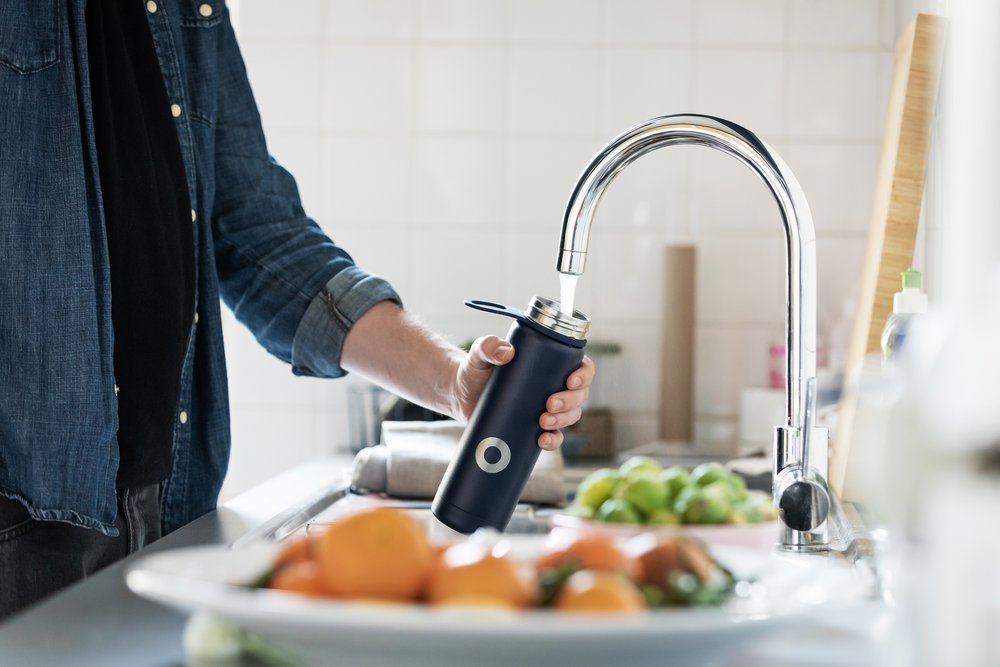
In a perfect world, every time you go and pour water directly from the tap, it’s pure, crisp, and free of strange odors. Unfortunately, we don’t live in a perfect world. Many homes on the market are either old or built using lead pipes, which means you’re constantly running into plumbing issues. Many people wonder, do I need to invest in a water softener?
Hard water is something that can happen to anyone regardless of the age of your home. So, in this article, we’re going to look at everything you need to know about the process of water softeners. What they are, the signs you need them, and more!
What is a Water Softener?
A water softener tackles water quality by working on removing the calcium, magnesium, iron, copper, and other metal cations. These are usually found in hard water, which is when water is high in dissolved mineral content.
Water softeners and filters work in unique ways to purify your water by reducing contaminants. There are different types of water softeners, such as salt-based water softeners. These softeners swap magnesium and calcium ions for sodium ions found in salt.
Alternatives for water softeners include water conditioners that aid in preventing hard water scale and buildup. They achieve this by conditioning the water instead of swapping out ions. The water conditioning approach calls for zero wastewater by using a salt-free alternative.
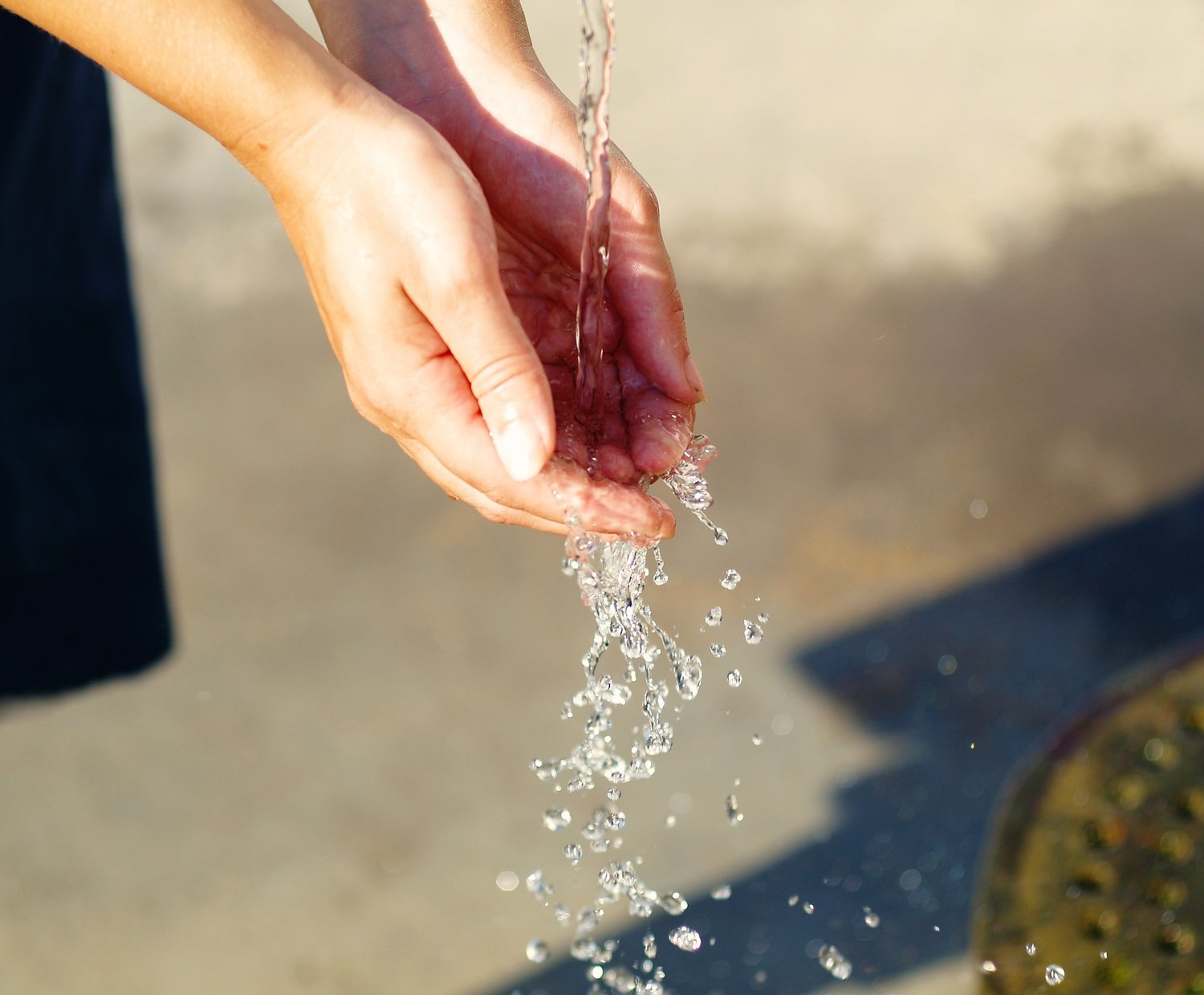
Seven Signs You Might Need a Water Softener
There are some signs that might help you determine if you need to invest in a water softener or water treatment system. Here are seven of the most prominent signs to answer the question, ‘do I need a water softener?’
#1 – Stains On Your Sinks & Bathtubs
If you start to see stains left behind on your sink, bathtubs, and even your shower, that’s mineral residue, meaning you’ve got a hard water issue. These stains exist when the tap water evaporates and leaves behind calcium and magnesium.
There are ways to remove these stains, but this is only a tiny part of a more significant problem. To clean the tub, sink, or shower, you can use vinegar and a wipe. However, for the hard water problem that caused the stains, you’ll need to use a potassium chloride water softener. This is the most effective means of removing stains and softening your water to ensure it doesn’t happen again.
#2 – The Air & Your Skin Are Dry
Have you ever noticed that your skin is getting dry almost out of nowhere? What is most likely is that your home water system has been infiltrated by hard water, and the water’s now populated with excessive calcium and magnesium salts. Your hair care products are there to help, but they’re only so powerful at protecting you. Usually, they’re not trying to protect you from your own home water supply.
Water overloaded with calcium and magnesium salts diminishes your skin instead of nourishing it. It settles on your soap and skin and doesn’t dissolve well because the water is part of the problem. In addition, it’s blocking your pores and causing inflammation and blackheads.
#3 – Clothes Are Faded & Dull
Imagine spending a ton of money on nice clothes only to watch the quality of your clothing deteriorate over time. That’s what happens when you’ve got hard water problems. This doesn’t just stop at clothing. It can be any type of fabric, from your bedding to the covers on your sofa cushions. Hard water begins to slowly strip away at the colors of your clothing at an expedited rate as opposed to treated water.
You’ll also begin to notice how uncomfortable your clothes feel on your skin. That itchy and scratchy feeling is because your washing machine is taking water from your compromised plumbing, and the mineral substance found in your water is clinging to your clothing.
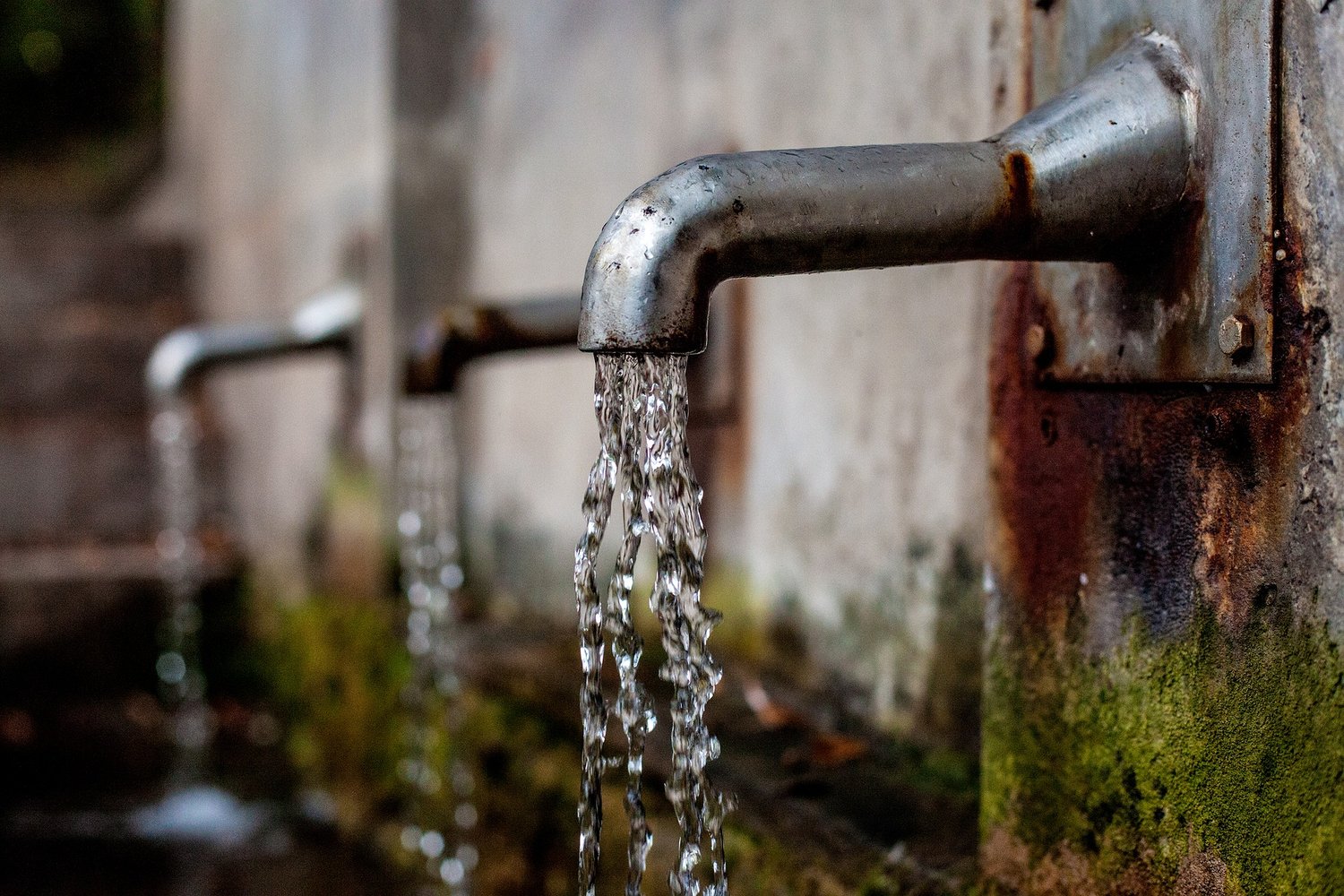
#4 – Brittle & Easily Breakable Glassware
One of the most annoying signs of hard water issues is when your glassware begins to stain. It’s annoying, but it also means they’re more prone to breaking. A great way to clean your glasses if they’re stained is to run them through the dishwasher with a bit of vinegar instead of soap. It might take a few rinse cycles, but it should do the trick. It also works for silverware.
While getting your glassware clean is essential, you’ve got to solve the root cause of this problem. That’s why you’ve got to get some water softener to reduce the likelihood of it happening again.
#5 -Constantly Needing To Repair Plumbing
There’s no one-pipe-fits-all solution to plumbing. This is because so many different types of pipes are used when building homes. Unfortunately, sometimes, the so-called professionals building these homes don’t focus on the best pipes, which leaves you having to deal with constant maintenance of your water system. This results in hiring professional services for repairs.
The added issue that creates the need for repairs is how different pipes react to hard water. You might not even notice it at first, and then suddenly, it becomes apparent that something is wrong. Maybe the water pressure drops in the shower, or when you’re washing dishes, or the appliances which rely on a steady supply of water begin to struggle. The longer these issues aren’t addressed, the more strain your plumbing system endures before you need more than a lone professional plumber. Water softeners prolong the lifespan of your plumbing and, in essence, reduce the amount of money you’re forced to spend on maintenance and repairs.
#6 – Your Appliances Have Scale Buildup
Are your appliances beginning to show signs of scale buildup? Unfortunately, we have some bad news for you, you most likely have hard water. Mineral deposits will start forming on any appliance, ruining them and extending to your pipes, clogging them. Scale buildup is also called ‘limescale.’ It’s a hard and chalky substance that comprises calcium and magnesium bicarbonate.
There are a lot of consequences that come with scale buildup. You are likely going to need to replace some of your appliances, but you may also end up with defective plumbing. If you notice your appliances experiencing buildup, assume your plumbing is also in danger.
#7 – Your Water Bill Is Astronomical
Nobody likes spending money. But everyone hates it when you start spending a lot more than you previously did. If you’ve started seeing that your water bill is going up at an insane pace, you need to address the problem head-on.
Your water bill is likely going up because your plumbing has to work harder to get the water flowing. A softener can help ease the pressure and allow your water system to function normally, resulting in an average water bill. In addition, you can contact your local utility company to find out where your water lands on the hardness scale. They might even make recommendations for how you can treat your water to lower your bill.
FAQ
Here are some frequently asked questions about water softeners and hard water:
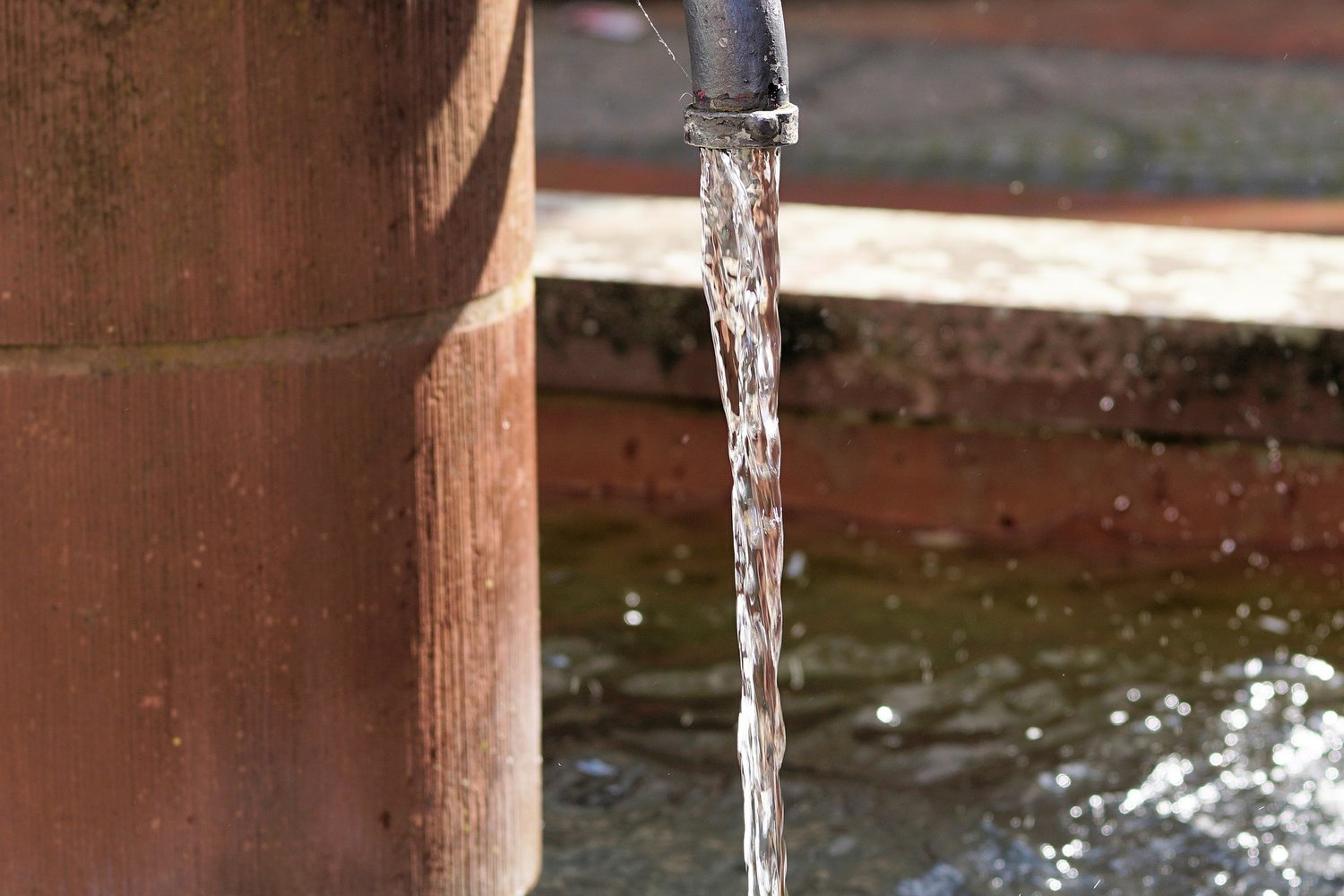
What is soft water?
Water is usually considered soft when it’s void of minerals, which is achieved through ionization purification.
What is hard water?
Hard water is almost the complete opposite of soft water. It’s water that’s gone through no real filtration or purification. It’s almost like drinking rainwater with all the minerals it’s collected over time, making it ‘hard.’
Does Salt Lake City have hard or soft water?
In Utah’s Salt Lake City area, the water hardness is roughly 13 grains per gallon. This is considered very hard. So if you live in Utah and are from the Salt Lake City area, you need to consider looking into your water filtration and purification systems to ensure you’re getting quality water for you and your family.
Are water softening systems expensive?
They can be, but there are inexpensive options available depending on the scale of the problem. But, again, you’ll have to phone and shop around for the best possible choice and speak to certified professionals who know more to guide you.
What are the pros and cons of water softeners?
Pros
- The resin beads used last for 10 to 15 years. However, this can be reduced if a high level of chlorine is found in the water.
- There are expensive and inexpensive options with varying degrees of purification.
Cons
- Water softening is not a cure-all. If the water source is serving water that’s deeply tainted, there’s only so good a job it can do filtering the water.
- Water softeners don’t address taste or smell issues. Instead, the filters focus on chemicals through beads made with resin to focus on iodization.
- Salt-based water softeners require regular replenishment, so estimate some potential recurring fees attached to this process.
What are the pros and cons of hard and soft water?
Pros
- Hard water is considered the best water to drink by some who believe it is healthier to drink due to its essential minerals.
- Some believe hard water actually tastes better because of the minerals it contains.
- Some consider soft water harmful if consumed regularly as it can increase sodium levels and lead to numerous health problems.
- Water softeners waste 120 gallons of water for every 1000 gallons, and if you’re paying per water consumption, your bills go up.
Cons
- Hard water causes buildup inside your plumbing. This can require you to replace damaged pipes that you can’t save. Additionally, the buildup can happen anywhere in your house and on anything.
- Hard water that contains high mineral levels can give off a sulfur odor.
- Soft water does less damage to your skin, hair, linen, and fabrics.
- Soft water can reduce energy bills for your home.
Is a water softener worth getting?
Yes. You want your home to have nothing but the best, and serving clean, amazing water is part of what every house needs. Soft water means water that’s more pure, clean, and gentler on your skin, hair, clothes, appliances, and more. It also increases the value of your home, which can be beneficial down the line.
Check our blog post on 16 Affordable DIY Home Improvement Projects if you’re looking for more ways to improve your home in Salt Lake City and the great state of Utah.
What are the benefits of a water softening system?
There are many benefits attached to these types of systems that you have installed when it’s clear you’ve got a hard water problem. Here are a few:
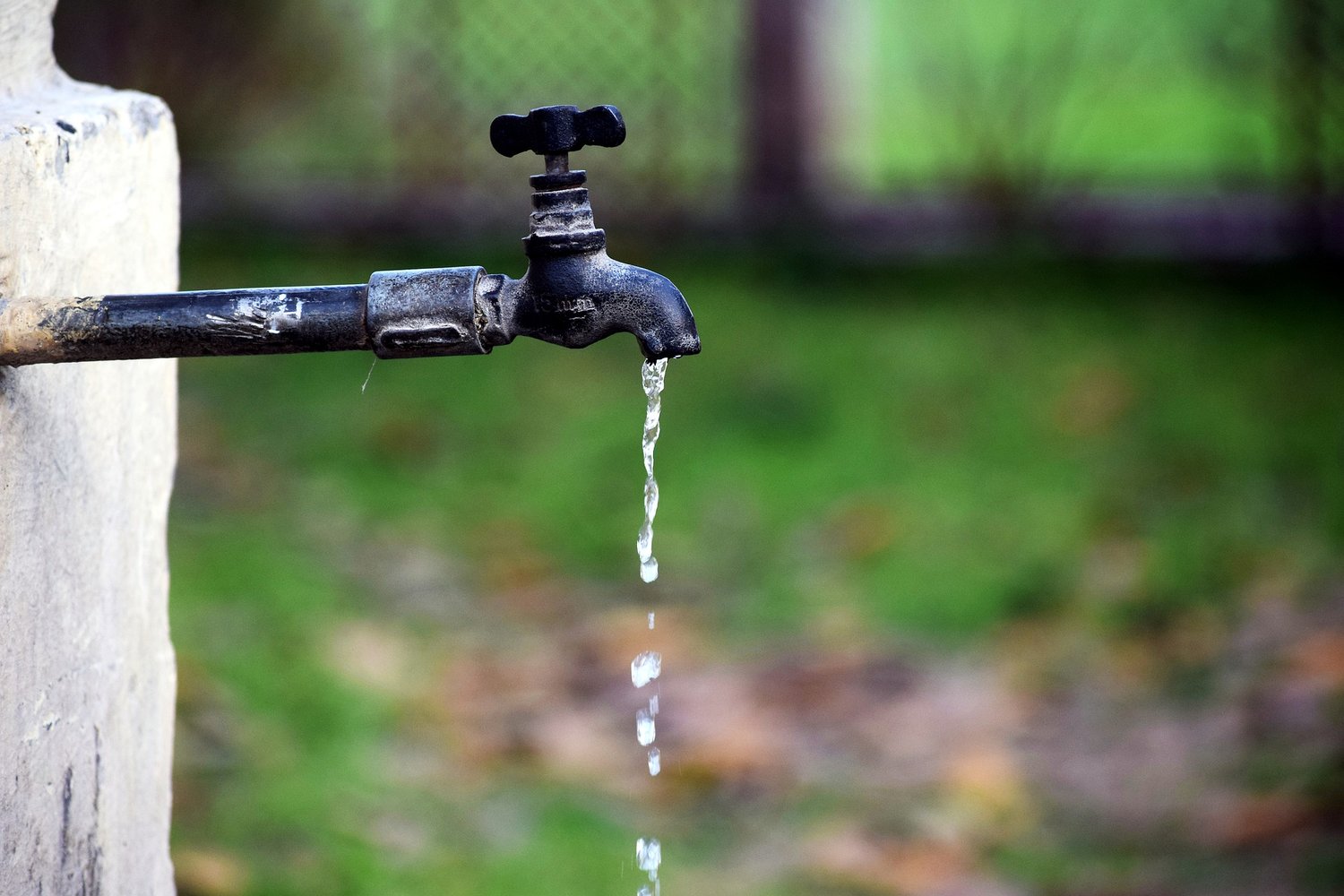
- More efficient transfer of water means reduced energy consumption and the potential to save money.
- Reduced need for professional services to manage consistently defective plumbing.
- Increases the life of your appliances.
- Provides cleaner residue-free water.
- Prolongs the life of your water systems.
- Water pressure works efficiently to deliver clean water.
- Peace of mind knowing your showers aren’t damaging your skin because you’re using the best water possible.
Check our blog post on Utah energy rebates if you’re looking for more ways to save money on energy in Salt Lake City and the great state of Utah.
Do I need a professional or a company to install it for me?
This is entirely up to you. You can either install these systems on your own or hire a local professional to do it for you. To DIY this project, you’re going to need to research which option you’ve gone with and what the scope of the job is to adequately approach its needs. Does a water softening system need to be installed or replaced? If you’re not confident after your research, call someone certified to help you so you don’t get it installed incorrectly.
If you choose to get a professional installation done, then be sure to look around, request an estimate to know the potential cost, check reviews, make sure they’re certified, and understand what the project calls for before saying yes to the service. You want to phone around, get multiple estimates, and compare the cost with other service providers to ensure that you’re getting the best deal.
Conclusion
When making these improvements on your house, it’s essential to not stop at plumbing and instead keep improving just about everything. From the showers to the HVAC, your house deserves nothing but the best! Over the years, we’ve helped many customers overhaul, repair, service, or clean their HVACs, air ducts, boiler tanks, etc. We’ve seen it all by serving customers in Salt Lake City and greater Utah.
Our company, Crystal Clean Vents, is ready to get to work in your Utah home, so you get our award-winning services. Enjoy a mold-free home, with your HVAC serving you and your family clean air at all hours of the day. So call us today, request a free estimate, and let’s get to work!

Leave a Reply